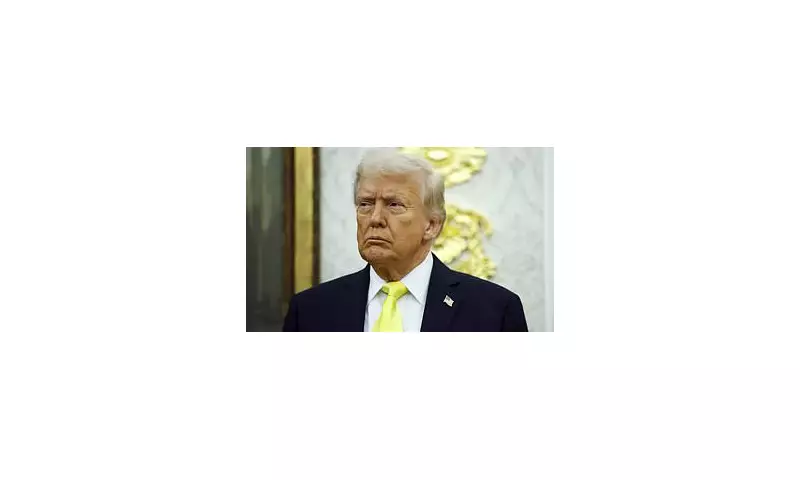
In a dramatic legal confrontation that pits former President Donald Trump against the current federal administration, the Supreme Court has been asked to weigh in on the extent of presidential power to impose tariffs. The case represents a significant constitutional showdown that could redefine the boundaries of executive authority in international trade matters.
The Heart of the Legal Battle
The controversy centres around whether presidents possess unilateral authority to levy tariffs without congressional approval. Trump's legal team argues that the executive branch has historically exercised such powers, while opponents contend this oversteps constitutional boundaries and infringes upon legislative responsibilities.
What's at Stake for Future Administrations
This landmark case carries profound implications beyond the immediate parties involved. The Supreme Court's decision could:
- Establish permanent precedents regarding presidential trade powers
- Influence how future administrations handle international trade disputes
- Determine the balance of power between the executive and legislative branches
- Affect US relationships with trading partners worldwide
Political and Economic Ramifications
The timing of this legal challenge coincides with ongoing debates about America's trade relationships and economic policies. Legal experts suggest the outcome could either reinforce or restrict the tools available to presidents for implementing their trade agendas, potentially affecting everything from consumer prices to international diplomacy.
As the Supreme Court prepares to consider this pivotal case, observers from both political parties are watching closely. The decision could fundamentally alter how US trade policy is formulated and executed for generations to come, making this one of the most significant separation-of-powers cases in recent memory.





